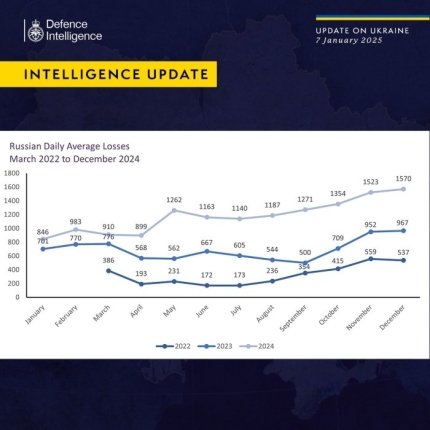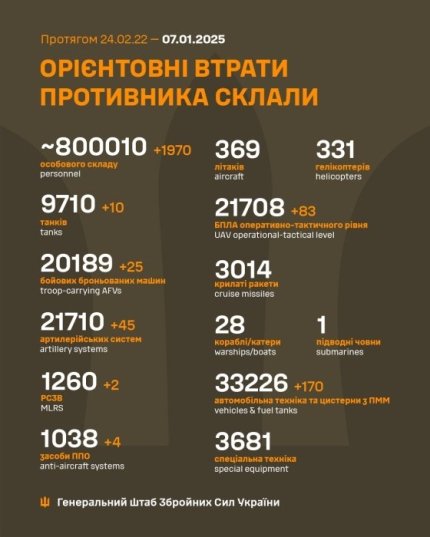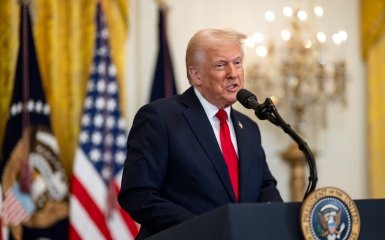Russian dictator Vladimir Putin ordered Russian generals to wear body crosses with his initials, which were consecrated with “holy water.”
Points of attention
- Putin has invented a new absurd method of reducing the losses of his troops.
- December 2024 was catastrophic for the Russian army.
- As of January 7, Russia has lost over 800,000 soldiers in the war against Ukraine.
Peskov said that this time Putin invented it
Kremlin spokesman Dmitry Peskov officially confirmed that the Russian dictator asked Patriarch Kirill to consecrate the personal crosses and icons that will be handed over to the Russian invaders.
According to the speaker, they will be received by commanders of troop groups that "perform particularly important tasks" in the war of aggression against Ukraine.
I think that our comrades will be honored to receive these symbols of faith, consecrated by the Patriarch of Moscow and All Russia during the festive service on Christmas Eve.

Dmitry Peskov
Kremlin spokesman
The Russian dictator's spokesman also added that Patriarch Kirill consecrated the body crosses and icons in the presence of Putin.
According to Peskov, at the request of the illegitimate president of the Russian Federation, his initials, Putin's, were engraved "on individual links of the chains to the crosses."
The Russian army suffered record losses at the front
According to British intelligence, the losses of the Russian occupiers in the war against Ukraine reached a new monthly maximum in December 2024.
One of the main reasons is the massive infantry attacks that the enemy continues to resort to.
What is important to understand is that in November 2024, Russian losses amounted to 45,680 people, and December became the sixth consecutive month with an increase in the number of losses.

We also cannot ignore the fact that during the current year the aggressor country lost 429,660 people (killed and wounded).
British intelligence officers point out that this significantly exceeds the figure for 2023 — 252,940 Russian soldiers eliminated.
As of January 7, Russia has lost over 800,000 soldiers in the war against Ukraine.










